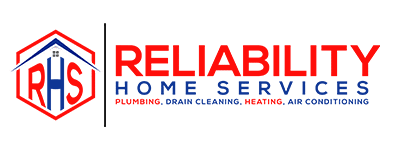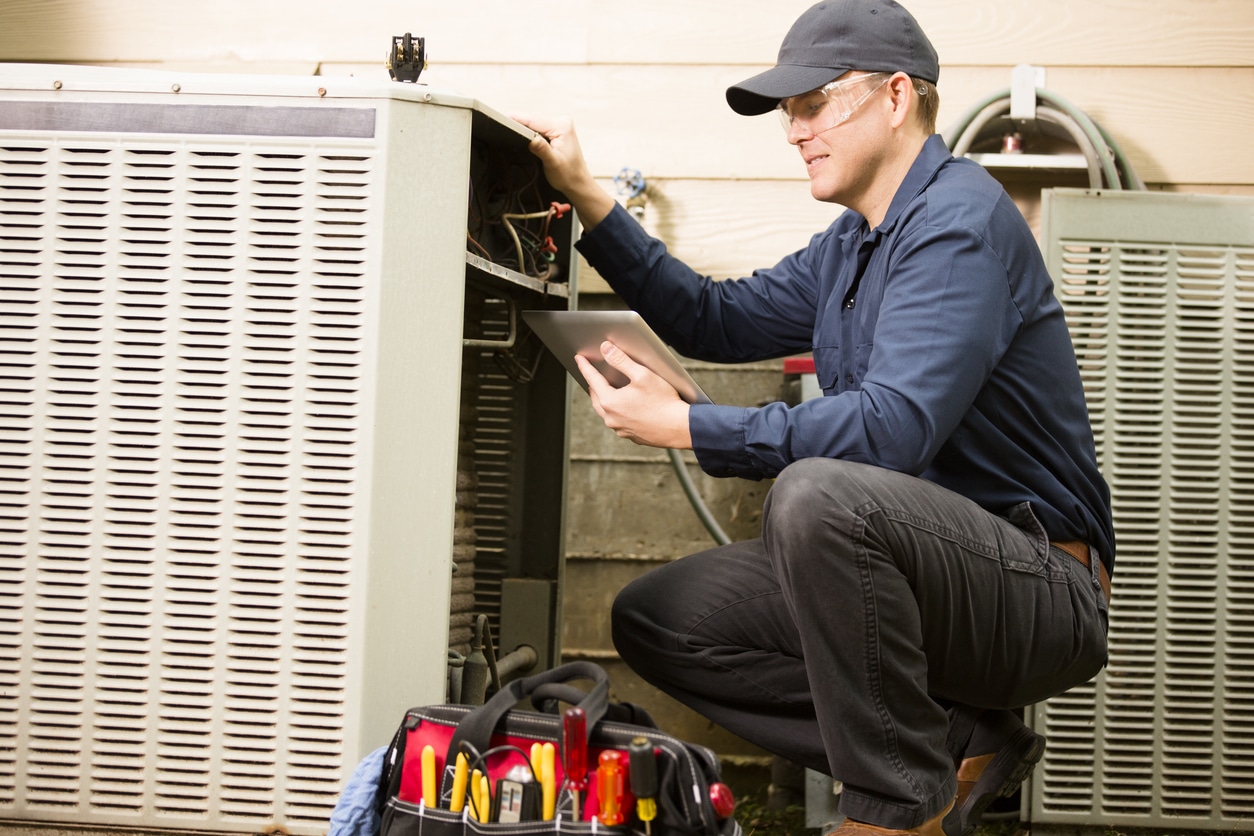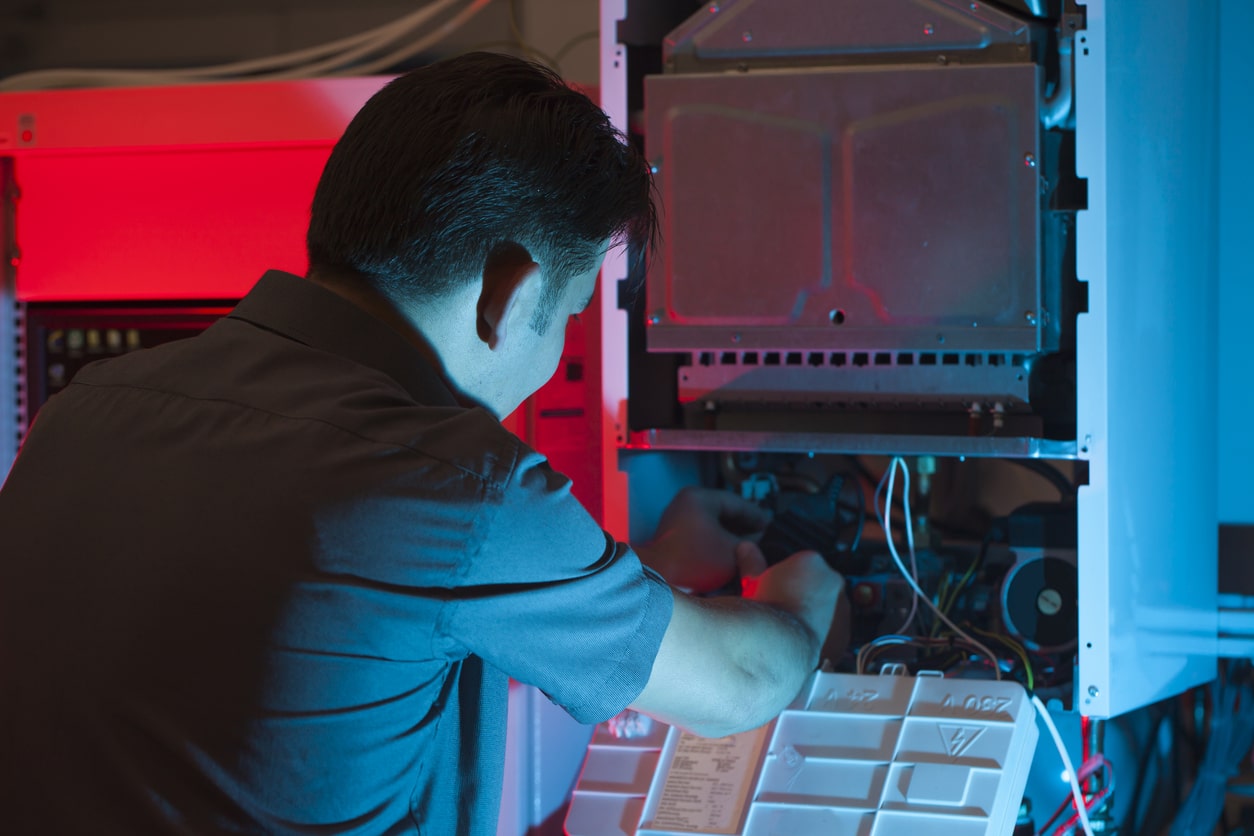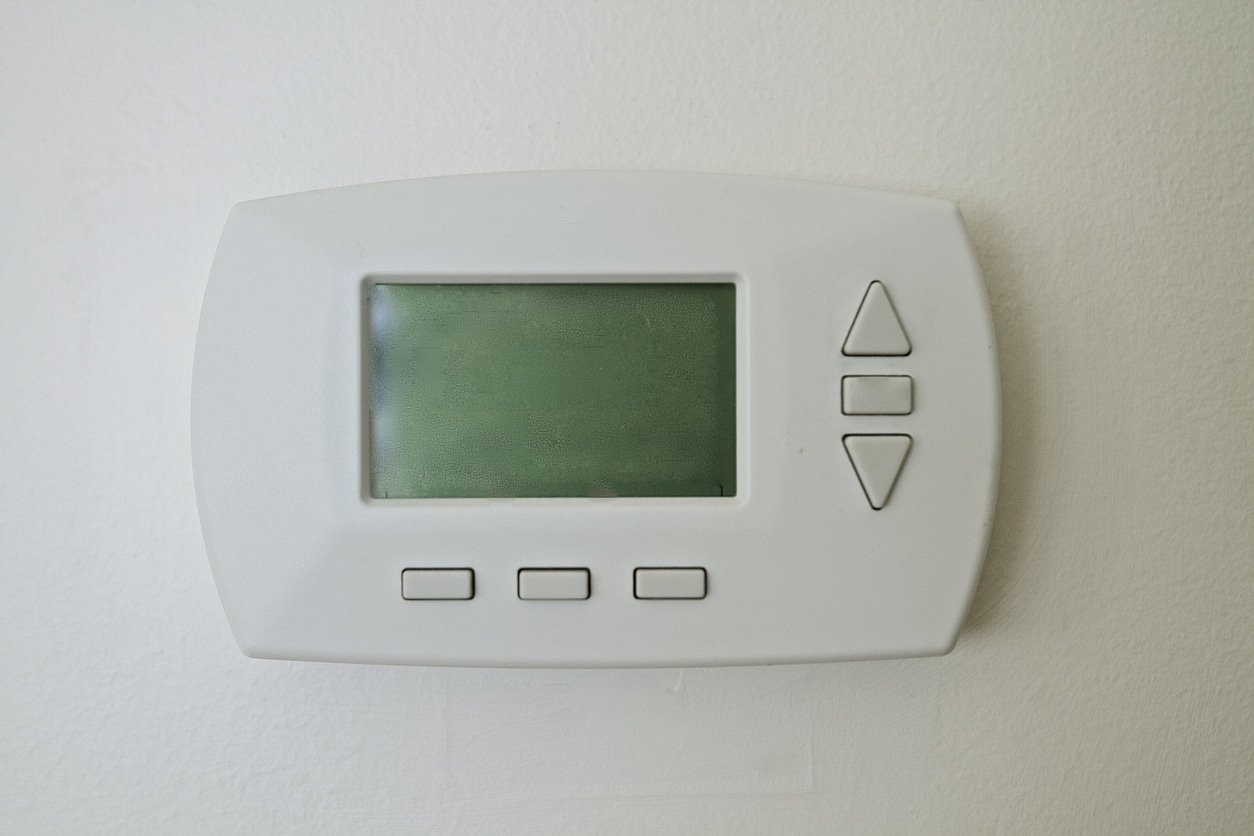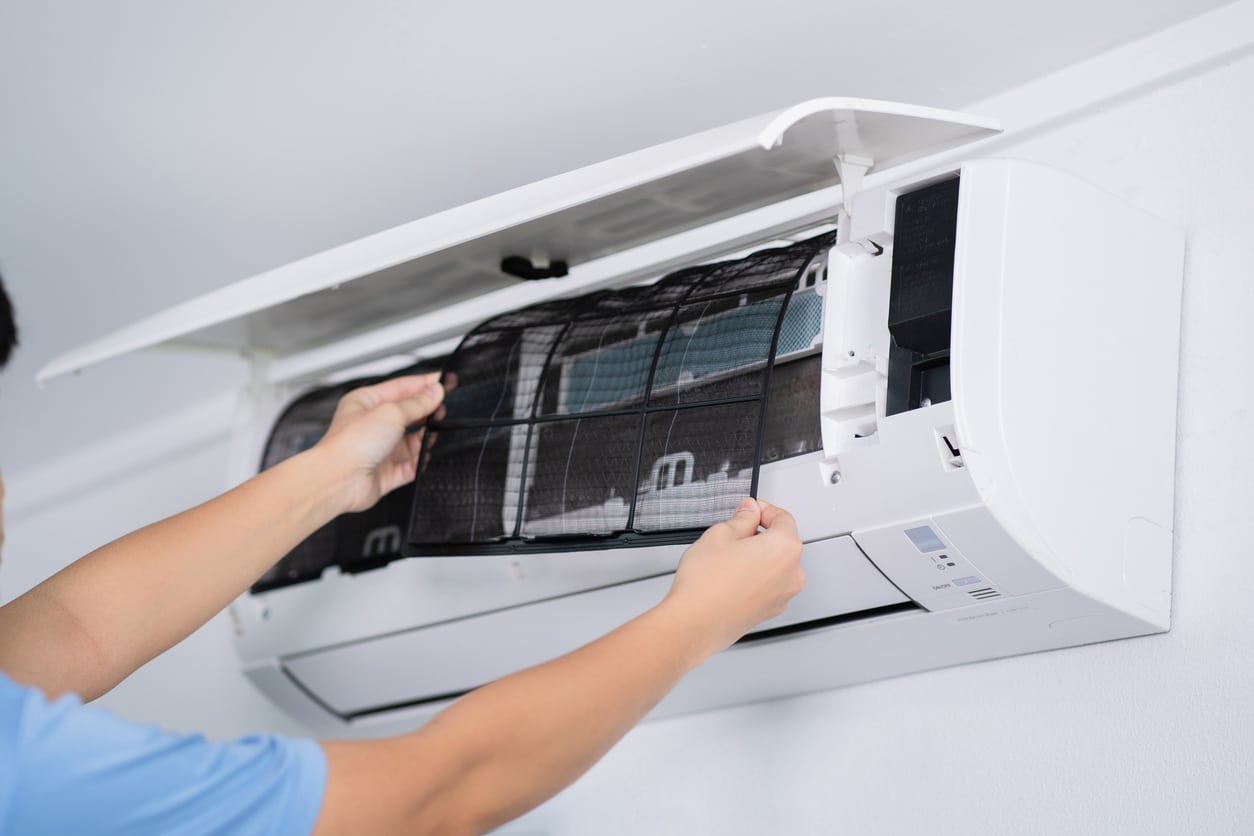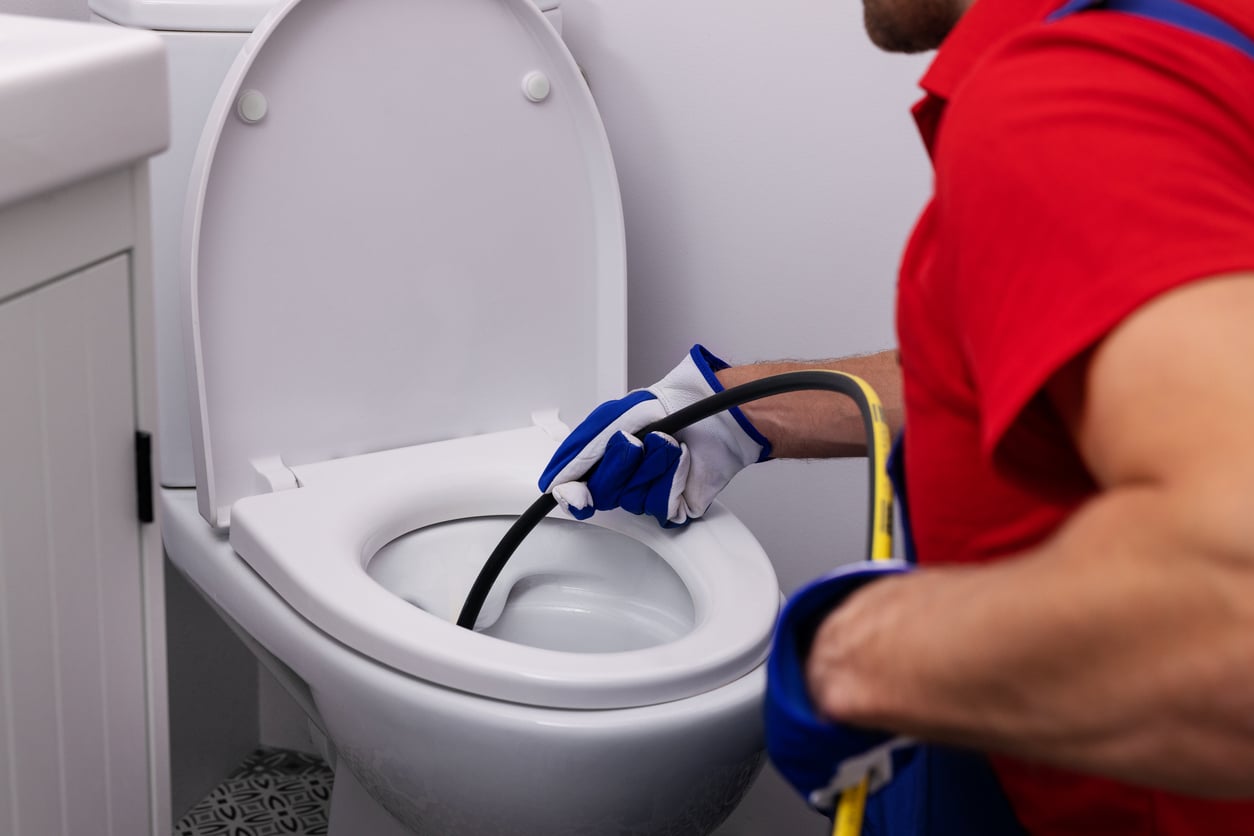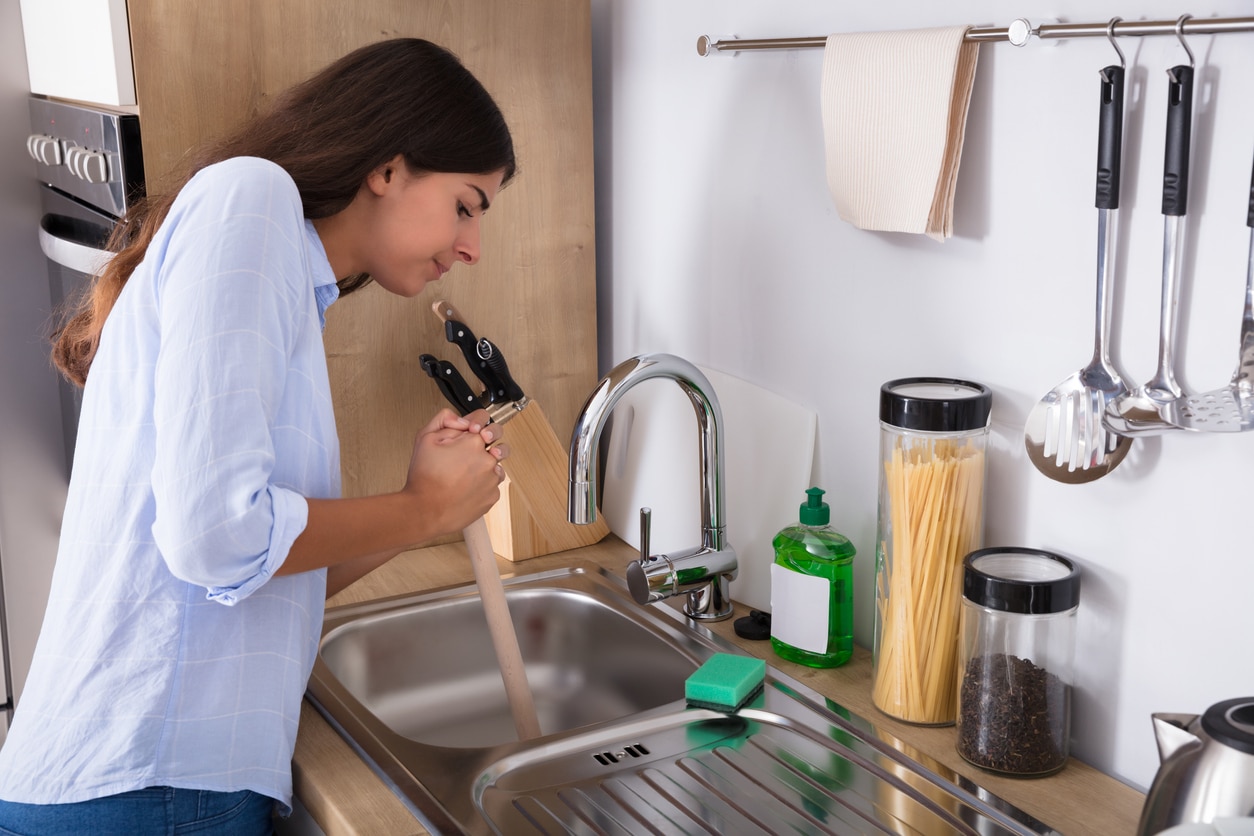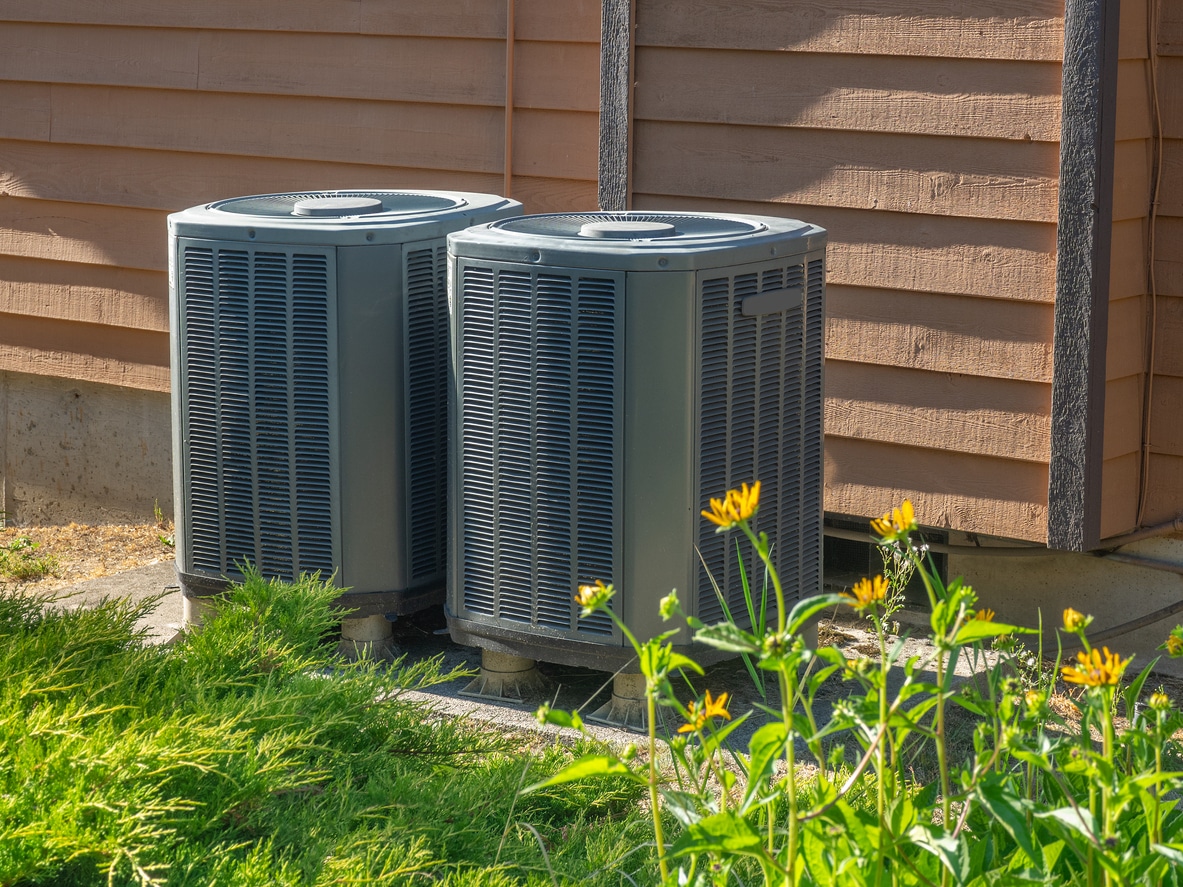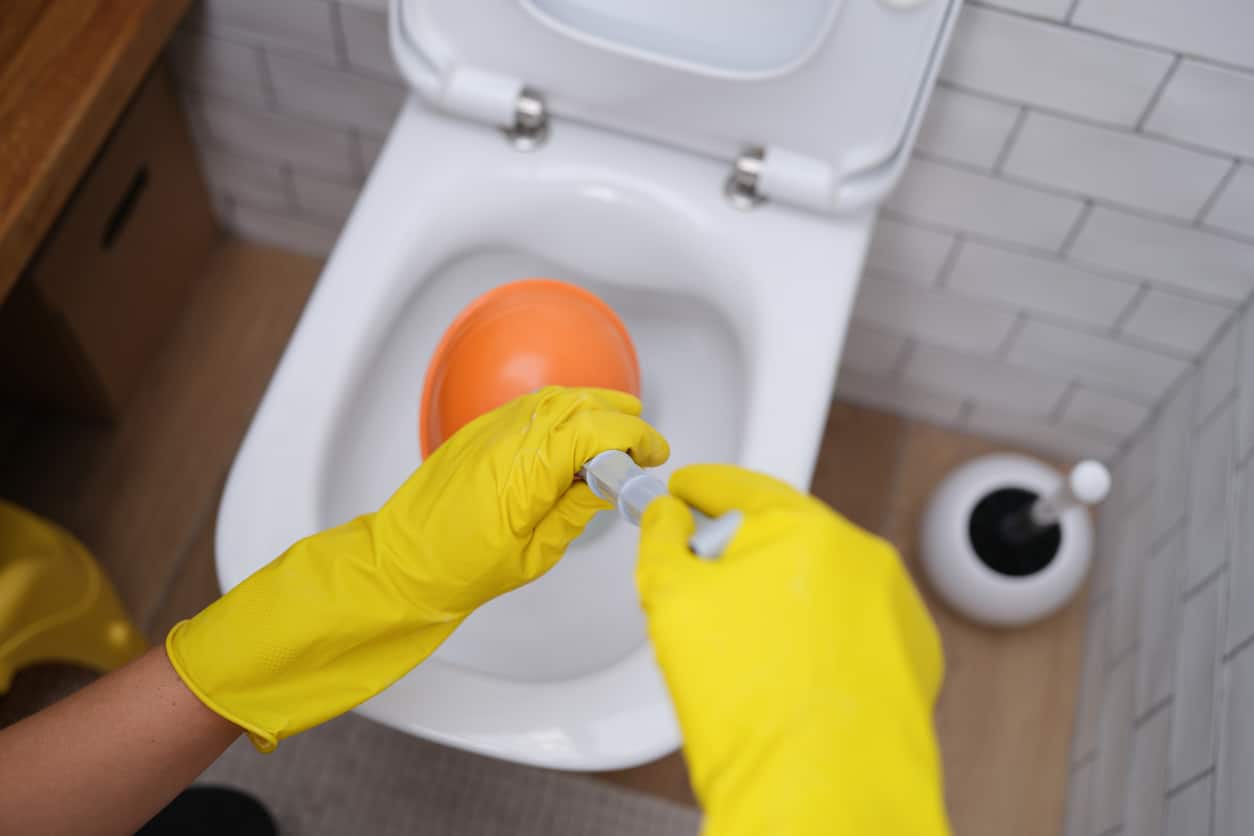When the summer heat is at its peak, the last thing you want is for your AC to falter, leaving you to swelter in the discomfort of your own home. It’s not just about the inconvenience; a malfunctioning AC can disrupt your daily routine and impact your well-being. However, not all AC issues require a professional’s touch right away.Having a solid grasp of all the basics of your air conditioning unit and some of the most common problems can empower you as a homeowner to perform quick fixes. In this post, we’ll walk you through simple troubleshooting steps and when it’s time to call in the experts from Reliability Home Services. Equipped with the right knowledge, you can ensure your living space remains a cool sanctuary, even during the height of a Maryland summer.
Understanding Your AC Unit: Basic AC Components You Should Know
Learning the basic elements of your air conditioning unit is the first step in diagnosing and fixing any issues you might encounter. Here are a few AC components you should be familiar with:The ThermostatAt the heart of your AC system is the thermostat, which regulates the temperature by signaling your AC to turn on or off. It’s your primary interface for controlling the climate in your home.Evaporator CoilsInside your AC unit, the evaporator coils play a crucial role in cooling the air. These coils, filled with refrigerant, absorb heat from the air in your home, contributing to the cooling effect.The Condenser UnitOn the exterior part of your system, the condenser unit, typically located outside, releases the absorbed heat into the outdoor air.The CompressorThe condenser unit houses the compressor, which is responsible for circulating refrigerant between the evaporator and condenser coils.Air FilterThe air filter, often overlooked, is critical in maintaining air quality and ensuring efficient airflow. It traps dust, debris, and other airborne particles.Common AC Issues and Their Causes
Once you understand the basic components of your AC unit, you are better situated to understand common AC issues and their causes. Here are some of the most common issues you may encounter with your unit:- Poor Cooling: One of the most common complaints is an AC unit that doesn’t cool effectively. This issue can arise from various factors, including a dirty air filter restricting airflow, low refrigerant levels due to leaks, or malfunctioning evaporator coils. Ensuring filters are clean and addressing any leaks can significantly improve cooling performance.
- Strange Noises: If your AC unit is making unusual noises such as banging, hissing, or whistling it can indicate mechanical problems. Banging might suggest loose or broken components inside the unit, while hissing could point to a refrigerant leak. Addressing these sounds promptly can prevent more significant issues.
- Water Leaks: Water pooling around your AC unit can be caused by a clogged condensate drain line, a rusted overflow pan, or a malfunctioning pump. Regular maintenance, such as clearing the drain line and inspecting the overflow pan, can help prevent leaks.
- Frequent Cycling: If it sounds like your AC unit is turning on and off much more frequently than it should, it could be due to an oversized unit, a malfunctioning thermostat, or electrical issues. Ensuring the thermostat is functioning correctly and seeking professional help for electrical concerns are important parts of addressing this issue.
DIY AC Repair Tips: Simple Fixes You Can Try
Before reaching out to a professional, there are several simple fixes every homeowner can try to resolve common AC issues. You can check for these four common issues before making the call:- Check your thermostat settings.
- Inspect and replace your air filter.
- Examine the condenser.
- Check vents for blockages.
When It Might be Time to Call an HVAC Professional
While many AC issues can be resolved with simple DIY fixes, certain situations require the expertise of a professional. Signs that indicate the need for professional assistance include:- Persistent strange noises that could signal internal damage
- Continuous water leaks that might point to a more significant drainage problem
- Frequent cycling that doesn’t resolve with thermostat adjustments
- AC unit fails to power on
- AC unit trips the circuit breaker repeatedly
